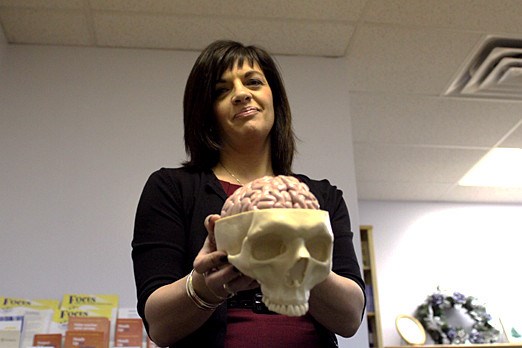Having Alzheimer’s disease changed Bill Heibein’s life.
Doctor’s first diagnosed Heibein in 2000 at the age of 55. Heibein worked as an accountant and often gave lectures on farming.
After being diagnosed, Heibein said he left his firm in order to avoid that level of stress and focus more on his farm. Heibein said he often found that he lost his train of thought, couldn’t remember meetings and appointments and his wife noticed a change in his behaviour.
Heibein went on medication and more than a decade later, he said he’s doing better.
“The first big change was that I basically never went back to the office,” Heibein said. “Once the diagnosis came in, I called and said I was finished. I went from 90 per cent accountant and 10 per cent and then 100 per cent farmer.”
While Heibein said he didn’t get diagnosed as soon as symptom showed, he did urge people who may have the disease to get checked out.
Heibein’s comments echo a recent study on Alzheimer’s that showed early detection can help slow down the effects of the disease.
The study, which started in October 2011, looked at how long people waited before seeking diagnosis.
About 950 people with Alzheimer’s or other dementia responded to the survey. The study found that nearly 50 per cent of Canadians lived a year or more with their symptoms before seeing a doctor.
Alison Denton, executive director of the Alzheimer Society of Thunder Bay, said since it is Alzheimer’s Awareness Month, they want to bring as much attention to early testing as possible.
“I think there’s a lot of people out there that still believe that Alzheimer’s or dementia is a normal part of the aging process,” Denton said.
“We know it’s a brain disorder. We’re very, very hopeful that some of the medication and treatments out there actually allow people to live better for longer. There’s no cure yet. If people seek out diagnosis at the earliest stage possible there’s a potential that those medications will have optimum effect.”
People who want to learn more about Alzheimer’s can call the Alzheimer Society at 345-9556 or visit their website.
